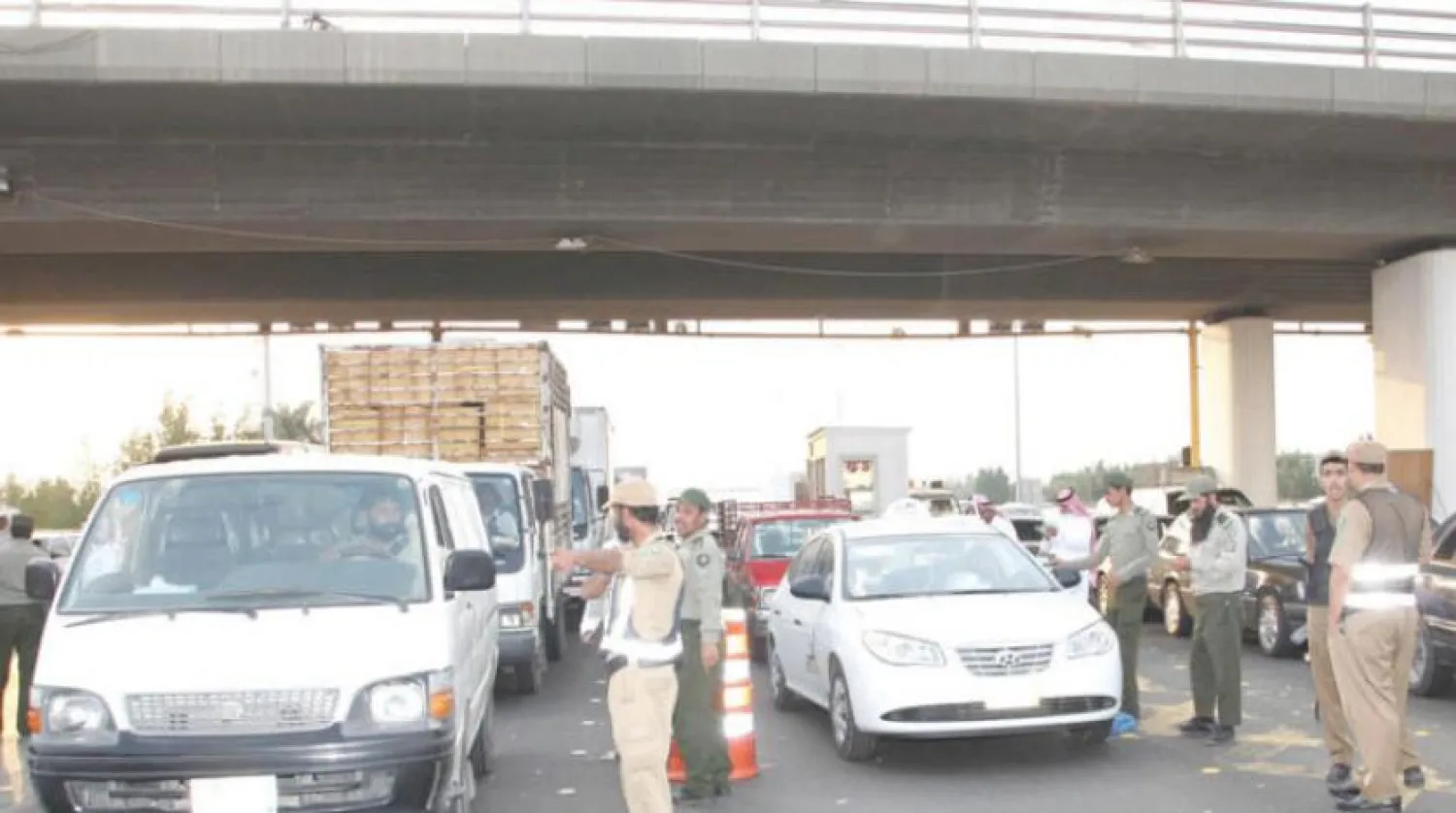The Saudi Interior Ministry has affirmed that there is no problem in having women patrols on the external roads, following the recruitment of women in security control centers.
Women are also permitted to drive motorcycles, trucks and cars once the decree becomes applicable in June next year.
The ministry noted that the Saudi woman can replace her Gulf license with a Saudi one, and will be exempted from the driving test.
As part of a memo to explain the traffic rules in the kingdom for men and women, the ministry stressed that when women start driving vehicles nothing will stop them from working in security control centers and checkpoints.
This would take place after processes of training, qualifying and developing capabilities. Awareness-raising campaigns were launched, targeting women interested in driving, also agreements were signed with a number of parties willing to open schools for teaching driving, mentioned the ministry.
“Women visiting Saudi Arabia can drive with an international license, recognized for one year since the date of entry to the kingdom or the expiry date (depending on which date is sooner),” stated the Ministry of Interior.
It also underlined the royal decree banning harassment so that the Saudi woman can practice her legitimate rights, knowing that she can always notify the emergency or security centers about any harassment.
Since the issuance of the royal decree allowing women to drive, the Directorate-General of Traffic has been part of a committee, which was formed for this purpose.
All regulatory and administrative requirements were prepared to enable the Traffic of performing essential roles once women start driving.









